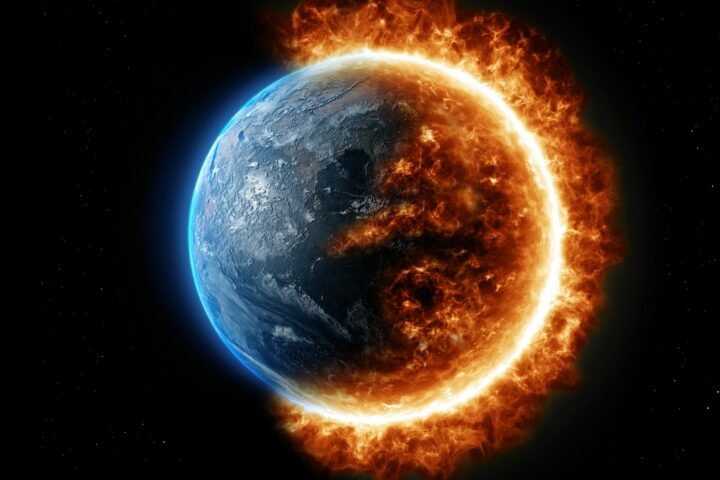Humans have changed the planet. Should that go on the geologic calendar?
The word “Anthropocene” has gained cultural resonance in recent years, as it’s become clearer that humans have made an indelible — and destructive — impact on our planet. But it’s also a term with a specific technical meaning: an epoch, or geologic unit of time, named for humans.
In 2009, geologists first started investigating whether the Anthropocene should be formally recognized as part of the way we record geologic time. This video explains what happened next: how a team of scientists looked for the evidence to make their case, and what it means to consider human time as part of the Earth’s 4.6 billion-year history.
Text above is from original video description.
In a nutshell:
- Crawford Lake, a meromictic lake in Canada, contains a sediment core that may signify the beginning of the Anthropocene, a proposed new epoch in geologic time.
- Scientists from the Anthropocene Working Group analyzed data from various sites around the world, including Crawford Lake, to determine when human impact on the planet became significant.
- The Golden Spike proposal, based on nuclear bomb testing evidence in sediment layers, was submitted to the International Commission on Stratigraphy but ultimately rejected due to concerns about the time scale of the proposed epoch.
- Despite the rejection, the concept of the Anthropocene highlights human influence on the planet and the need for action to address climate change.




